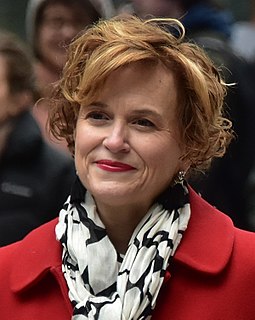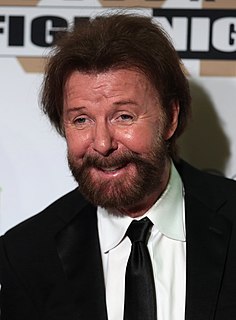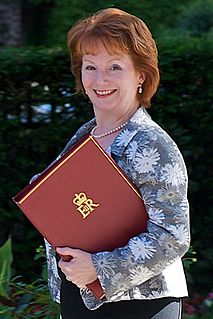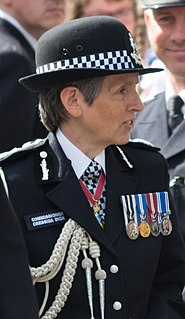A Quote by David Simon
In Baltimore they can't do police work to save their lives. Now because of Freddie Gray they're not even getting out of the car and policing corners - they're on a job slowdown, basically. Right now if the police stopped being brutal, if we got police shooting under control, and the use of excessive force, if we have a meaningful societal response to all that stuff, and the racism that underlies it, the question still remains: what are they policing, and why?
Related Quotes
The murder clearance rate now in my city Baltimore is almost non-existent. Nobody can solve a murder, nobody can do any actual police work, because they've learned how to do bad police work, chase drugs. Fighting vice, while being unable to respond to sin. Generations of cops have learned how not to police work by policing the drug war. Not only are they police brutal, they're ineffective. Baltimore is more violent than it has ever been in modern history.
I have a former Baltimore City police officer's uniform and his robe and hood. He was the grand dragon, which means state leader. His day job, what paid his bills, he was a Baltimore City police officer, not an undercover officer in the Klan gathering intelligence, but a bona fide Klansmen on the Baltimore City police force.
Policing has to be done compassionately and consistently. You cannot police differently in Harlem than you're policing downtown. The same laws must apply. The same procedures must be employed. Certain areas at certain times may have more significant crime and require more police presence or more assertiveness, but it has to be balanced.
When we look at cities across the country, Cincinnati, for example, where they have come under DOJ guidance with a consent decree, we see that, over time, there has been a transformation in the relationship between the police and the community, where now they have a partnership and true collaborative policing, co-policing, to make the community safer overall.
Lives are saved when those potential killers are confronted by a police officer, a strong police presence and actual, honest-to-goodness, up-close 'What are you guys doing on this corner at 1 o'clock in the morning' policing. We need to be careful it doesn't drift away from us in the age of viral videos, or there will be profound consequences.

































